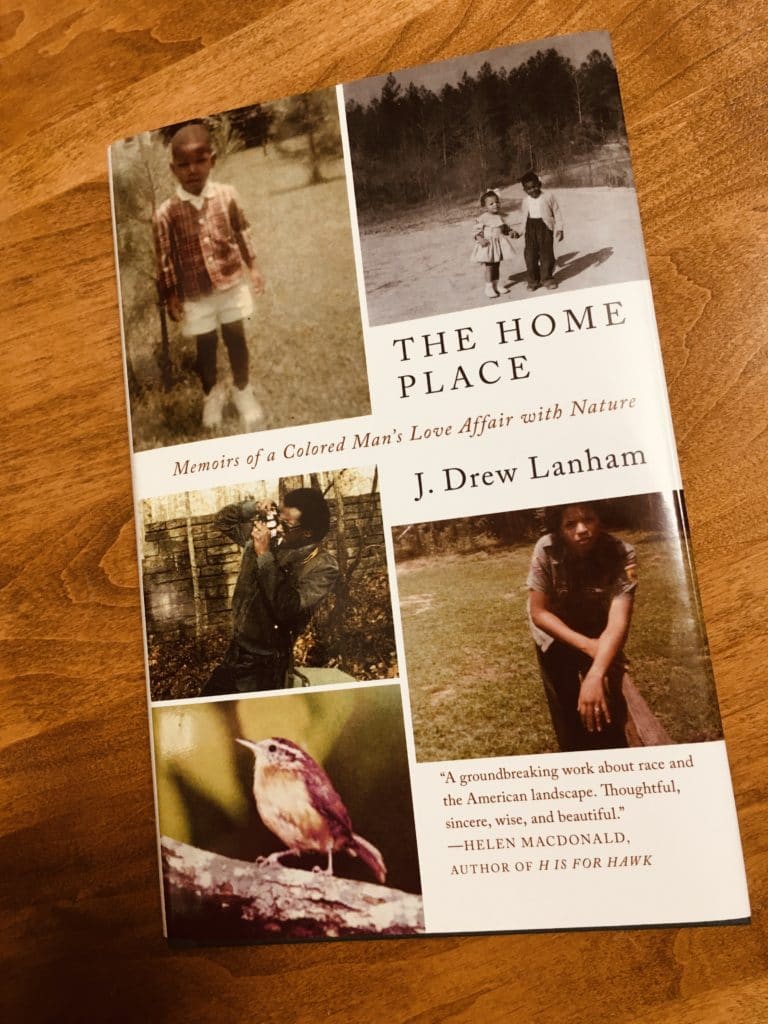During the summer of 1963, Martin Luther King Jr. referenced the geographic high ground of our region in his “I Have a Dream” speech when he intoned:
“Let freedom ring from the heightening Alleghenies of Pennsylvania.”
Fifty-seven summers later, in the face of indisputable evidence that King’s dreams have not become reality, many institutions are renewing commitments to equal opportunities at all levels of their operations. In the field of natural history, a territory that’s neither defined nor bound by museum walls, there have been clear calls for more and safer opportunities to explore the great outdoors, to routinely participate in experiences that build an interest in natural history.

One of the most articulate calls can be found in The Home Place: Memoirs of a Colored Man’s Love Affair with Nature, a highly praised 2016 book by J. Drew Lanham, professor of wildlife ecology at Clemson University. In a chapter titled, Birding While Black, the author describes a field work incident while checking small mammal traps in a remote section of South Carolina mountains in the company of a white female wildlife biologist. The two, both South Carolina Department of Natural Resources biologists, were followed, turn for turn, on twisting logging roads by three white men in a battered pickup truck, triggering, before the pursuit was abandoned, what Lanham terms “an edge that I’d only experienced in very bad dreams.”
Several paragraphs later, Lanham offers this:
The wild things and places belong to all of us. So while I can’t fix the bigger problems of race in the United States – can’t suggest a means by which I, and others like me, will always feel safe – I can prescribe a solution in my own small corner. Get more people of color “out there.” Turn oddities into commonplace. The presence of more black birders, wildlife biologists, hunters, hikers, and fisher folk will say to others that we, too, appreciate the warble of a summer tanager, the incredible instinct of a whitetail buck, and the sound of wind in tall pines. Our responsibility is to pass something on to those coming after. As young people of color reconnect with what so many of their ancestors knew – that our connections to the land run deep, like taproots of mighty oaks; that the land renews and sustains us – maybe things will begin to change.
For many of us there’s a clear “ask” in Lanham’s statements. Our answers and actions have potential to move the heightening Alleghenies region closer to King’s dream.
Patrick McShea works in the Education and Visitor Experience department of Carnegie Museum of Natural History. Museum employees are encouraged to blog about their unique experiences and knowledge gained from working at the museum.
Related Content
Harriet Tubman was a Naturalist
